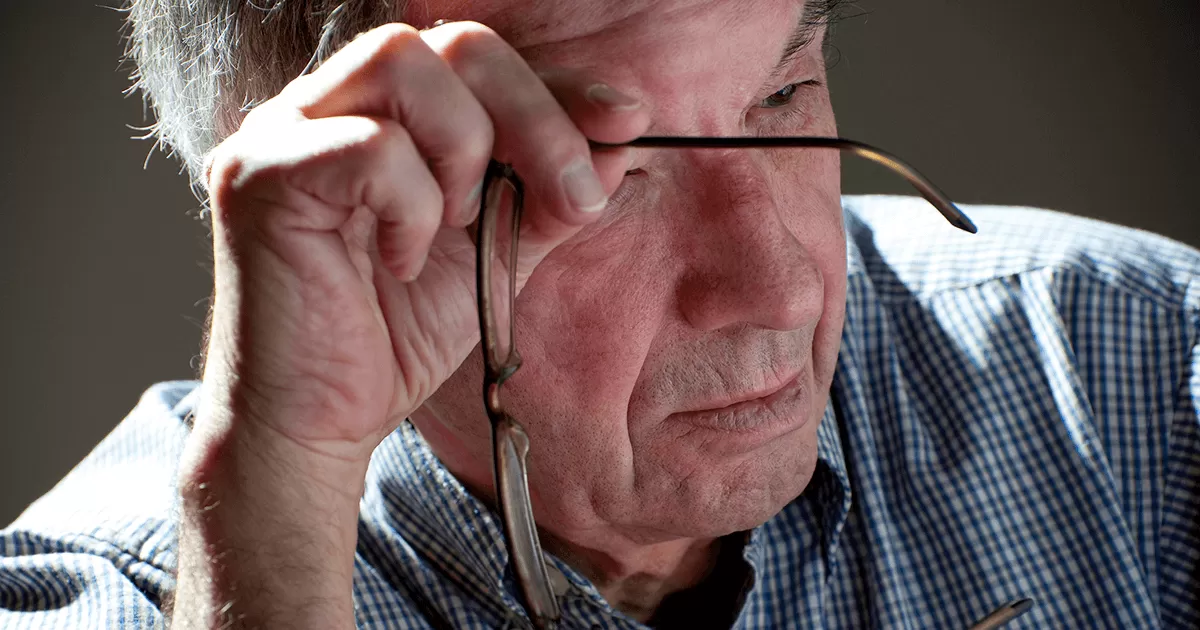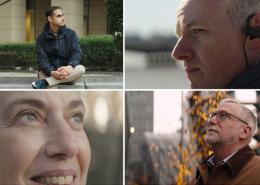Finding the Key to Alzheimer’s Dementia

I recall very vividly one of my patients who couldn’t see that his Alzheimer dementia (AD) symptoms were changing. Despite concerns from family members and his primary care doctor, this patient continued to drive. A quick brainstorm with the family led to my suggesting that they hide the car keys. Unfortunately, this caused frustration for both my patient and the caregivers. Every day he would search for the keys, going through every inch of the house and leaving a trail of disarray behind him. At this point, his wife and daughter were no longer happy with my suggestion.
When they came back looking for another solution to this problem, I suggested that the car somehow be disabled instead, which seemed to work for several months. But with AD, cognition waxes and wanes; loved ones can have good days and bad days, good minutes and bad minutes. One day while home alone, my patient apparently had a few very good, very clear-minded moments.
When he found the car wouldn’t start, he called a local mechanic, who was able to quickly get the car running again. It was never clear to his family what adventures he had that day, but my patient had taken the car out for a ride.
This one example illustrates why it is important for neighbors, friends and relatives to be alerted to the situation where Alzheimer’s dementia is concerned. Of course, when giving out any personal information, permission and respect for privacy should be considered. Having more people know can help to enhance your loved one’s safety.
In my patient’s story, the mechanic had known the family for a long time, and so he came to help out as soon as my patient called with “car troubles.” If he’d known the situation, he surely would have intervened differently, and perhaps called a family member to make them aware of what was happening. Neighbors who are aware can also be on the lookout for situations that may put a person with Alzheimer’s dementia in an unsafe position.
You may consider giving your loved one a MedicAlert bracelet or device. These can connect people with AD to emergency support services to help them get home safely during a wandering emergency. You may also have seen or heard about public notification systems that broadcast information about missing persons, especially seniors with AD and dementia. These are called “Silver Alerts,” and have helped to safely recover older people who have wandered off or gotten lost. Though it’s not always pleasant to think about the transitions ahead, it is good to be prepared early to take steps to keep your loved one safe.
Warachal Eileen Faison, MD, is a geriatric psychiatrist and the Medical Director of Primary Care Women’s and Men’s Health for Pfizer Inc.





